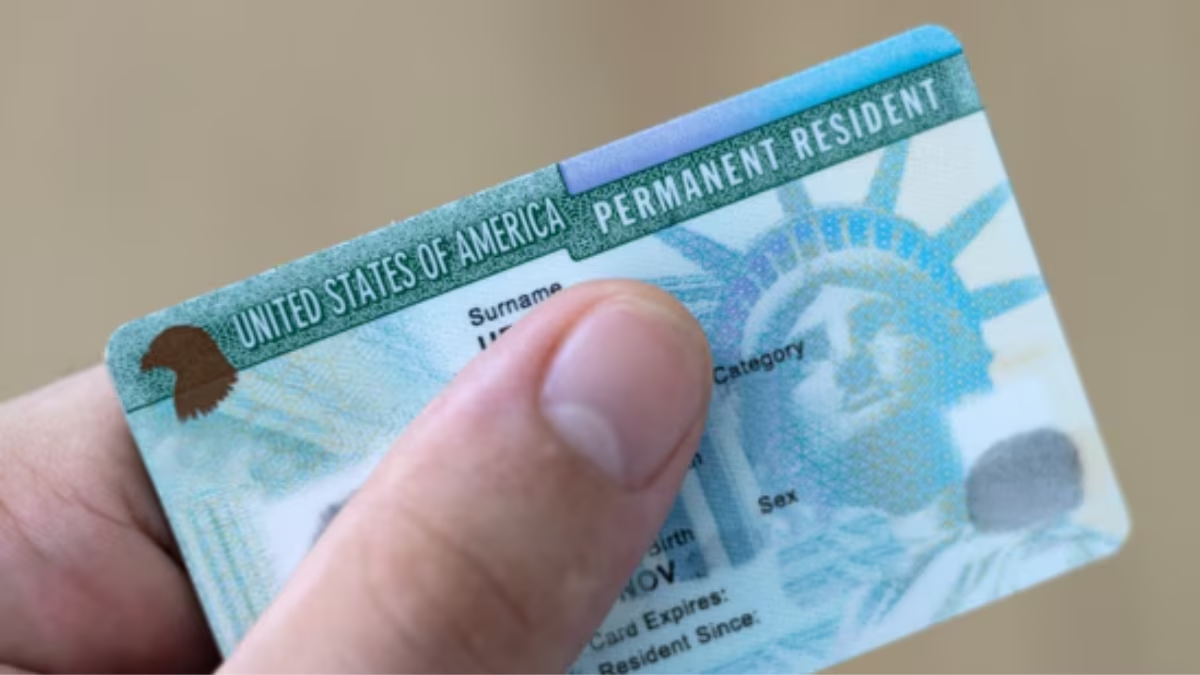Copyright breezyscroll

Under the Trump administration’s renewed immigration enforcement push, Green Card holders returning to the United States after extended trips abroad are facing increased scrutiny. In several reported cases, lawful permanent residents (LPRs) have been interrogated at ports of entry and, in some instances, denied admission, for allegedly abandoning their U.S. residency Why are Green Card holders facing tighter checks Immigration attorneys say border officials are now closely examining how long permanent residents stay outside the U.S. to determine whether they still intend to live in the country permanently. While lawful permanent residents are legally allowed to live, work, and travel freely within the United States, maintaining that privilege depends on their continued intent to reside in the country. A key factor under review: the duration of absences from the U.S. “If you are out of the country for more than six months but less than a year, your return might raise questions about whether you have abandoned your permanent residence status,” said U.S.-based immigration attorney Abhisha Parikh in a recent social media post. “Absences over a year are more significant and typically require a re-entry permit to avoid complications,” she added. What the USCIS rule says about re-entry The U.S. Citizenship and Immigration Services (USCIS) imposes specific restrictions on how long Green Card holders can remain abroad without jeopardizing their legal status. Trips under 6 months: Usually pose no issue. Trips between 6 months and 1 year: May trigger questioning upon re-entry. Trips over 1 year: Can result in presumed abandonment of permanent residence, unless the traveler has obtained prior re-entry authorization. To maintain their Green Card status, USCIS recommends that residents: Keep a U.S. home address and active employment. File U.S. tax returns as a resident. Avoid prolonged or repeated trips abroad without clear ties to the U.S. If a lawful permanent resident stays outside the U.S. for one year or more without a valid re-entry permit (Form I-131), immigration officers at ports of entry can refer the case to an immigration court to determine whether the individual has forfeited their Green Card. What is a re-entry permit, and why does it matter A re-entry permit serves as documented proof that a Green Card holder did not intend to abandon U.S. residency during their time abroad. It allows the holder to remain outside the U.S. for up to two years without losing their permanent resident status. The application (Form I-131) must be filed before leaving the U.S.; it cannot be obtained after departure. Immigration experts advise applying well in advance of any long-term international assignment or family visit exceeding several months. Common scenarios that can risk Green card status Working overseas for extended periods without maintaining U.S. employment or residence. Failing to file U.S. income taxes while abroad. Moving family and possessions permanently overseas. Using a foreign address for official correspondence. Even if the absence is due to legitimate reasons—such as family illness or overseas assignments—failing to secure a re-entry permit can still raise red flags during re-entry interviews. What happens if a Green Card holder is denied re-entry? If border agents suspect that a permanent resident has abandoned U.S. residency, they can: Question the traveler extensively about their ties to the U.S. Refer the case to immigration court to determine eligibility to retain permanent status. In extreme cases, initiate removal proceedings if the person is found to have effectively given up their U.S. residence. Legal experts stress that Green Card holders always retain the right to a hearing before an immigration judge, but the process can be lengthy, expensive, and uncertain. How to safeguard your Green card status Immigration specialists recommend that Green Card holders take proactive measures to prove ongoing ties to the U.S., such as: Maintaining a U.S. bank account, driver’s license, or lease agreement. Keeping immediate family members or dependents in the U.S. Filing annual tax returns and keeping employment records updated. Those planning long-term travel abroad should consult an immigration attorney or file for a re-entry permit before leaving. The bottom line While short trips abroad usually don’t endanger a Green Card holder’s status, extended or frequent absences can. Staying overseas for more than one year without a re-entry permit may lead to the presumption that the person has abandoned their U.S. residency. In an era of heightened immigration scrutiny, experts emphasize the importance of planning ahead—and understanding that the right to live in the U.S. permanently also carries the responsibility to maintain continuous residence.



